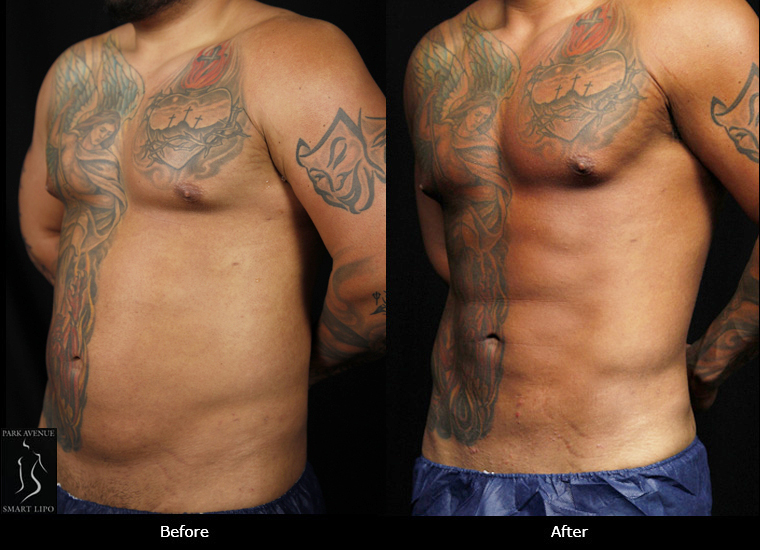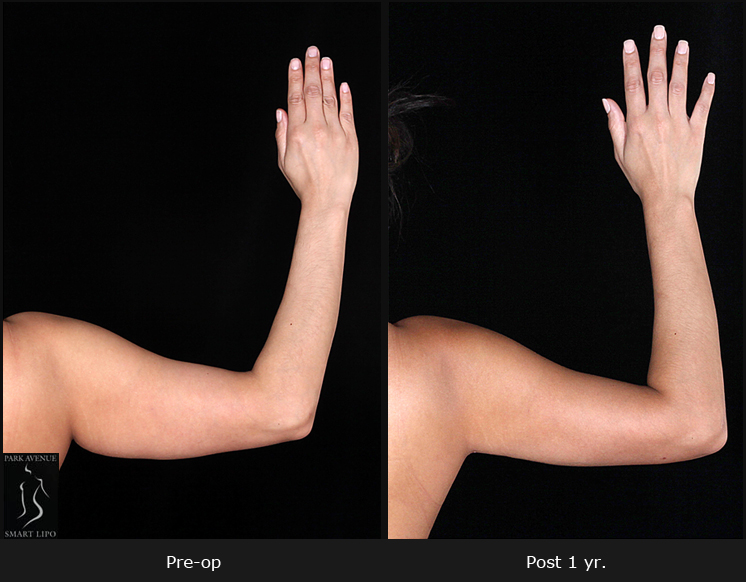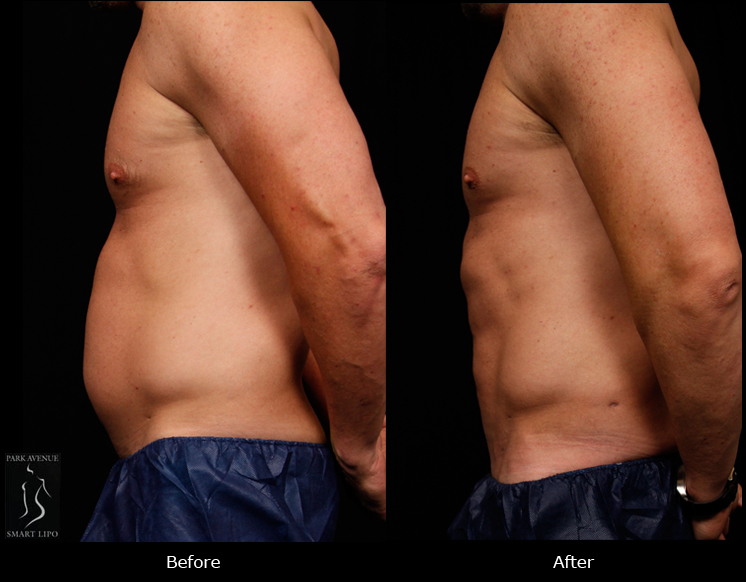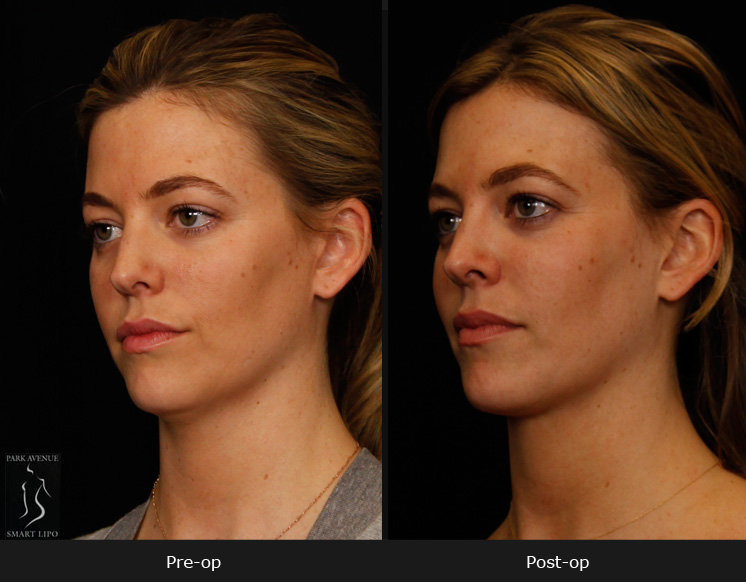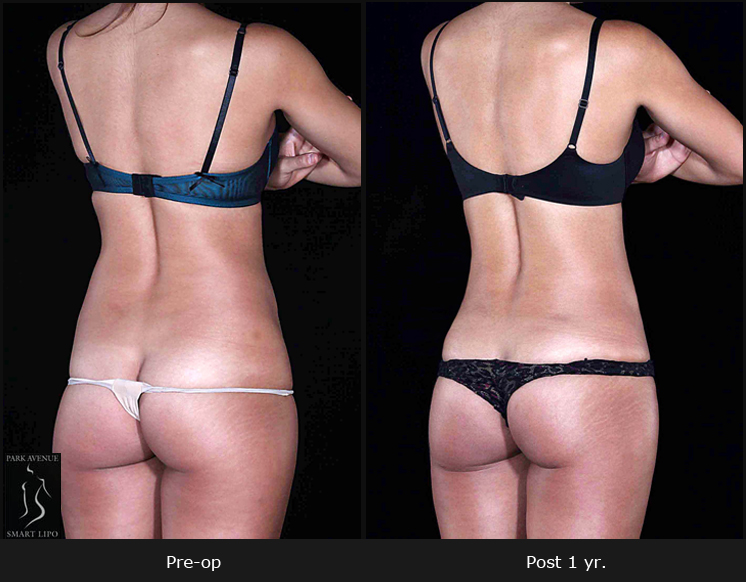Recovery after liposuction? This is an important question in the minds of most people considering this cosmetic procedure. Indeed, it is one of the most widely accepted and heavily requested body contouring treatments among both men and women. A reliable and experienced plastic surgeon chooses the best technique and treatment type to give the optimal results and help candidates achieve the body of their dreams. The surgeon is the best person who can provide information regarding the recovery process and how to ensure that it is safe and smooth. However, here are some tips often given by leading surgeons to help candidates experience a quick and safe recovery.
It is important that you maintain a positive attitude during the recovery period regarding the proposed outcome. ‘No self medication’ is what needs to be given the most emphasis. Always take expert opinion regarding how to handle your recovery period.
- A common concern is of course scars after the procedure that may have a negative impact on the overall outcome. In order to minimize scars, patients are usually advised to avoid smoking and drinking during the recovery period. Adding high protein in your diet is also recommended to help the skin regenerate quickly. Adequate rest is also necessary after the procedure.
- Skin laxity is an after effect of some liposuction techniques but mild exercise patterns as per the surgeon’s instructions would help improve the appearance. Advanced techniques such as laser liposuction offer skin tightening in addition to excess fat and skin removal to provide a well-contoured look.
- Pain is another concern, so be sure to consume necessary pain medications as advised by the surgeon. Wearing a compression garment would also help alleviate pain but you need to choose the right garment suitable for you.
- Swelling or soreness is another concern, which would reduce in some days or in some cases, a few weeks. Wearing a compression garment can also help alleviate bruising and swelling if any.
- Taking plenty of rest, avoiding activities causing strain and gentle massaging as instructed by the surgeon would speed up the healing and recovery process.
In addition to the above pointers, there are some other considerations to take into account. Ensure sufficient intake of fluids, which helps speed up the overall recovery process. See that you choose easy to wear, loose clothing to remain comfortable. Make sure that you keep a close watch for anything unusual such as skin discoloration, excessive fatigue, dead skin, palpitation, numbness, firmness of the treatment area, breathing problems, unusual pain, or excessive bruising. If you notice any of these, contact your surgeon immediately. Keep the surgery site clean to avoid chances of infection. Changing the bandages at regular intervals and not exposing the area to water and sun for a certain period would be good. Maintain your fitness level and follow a healthy lifestyle to experience your body contouring results for long.

